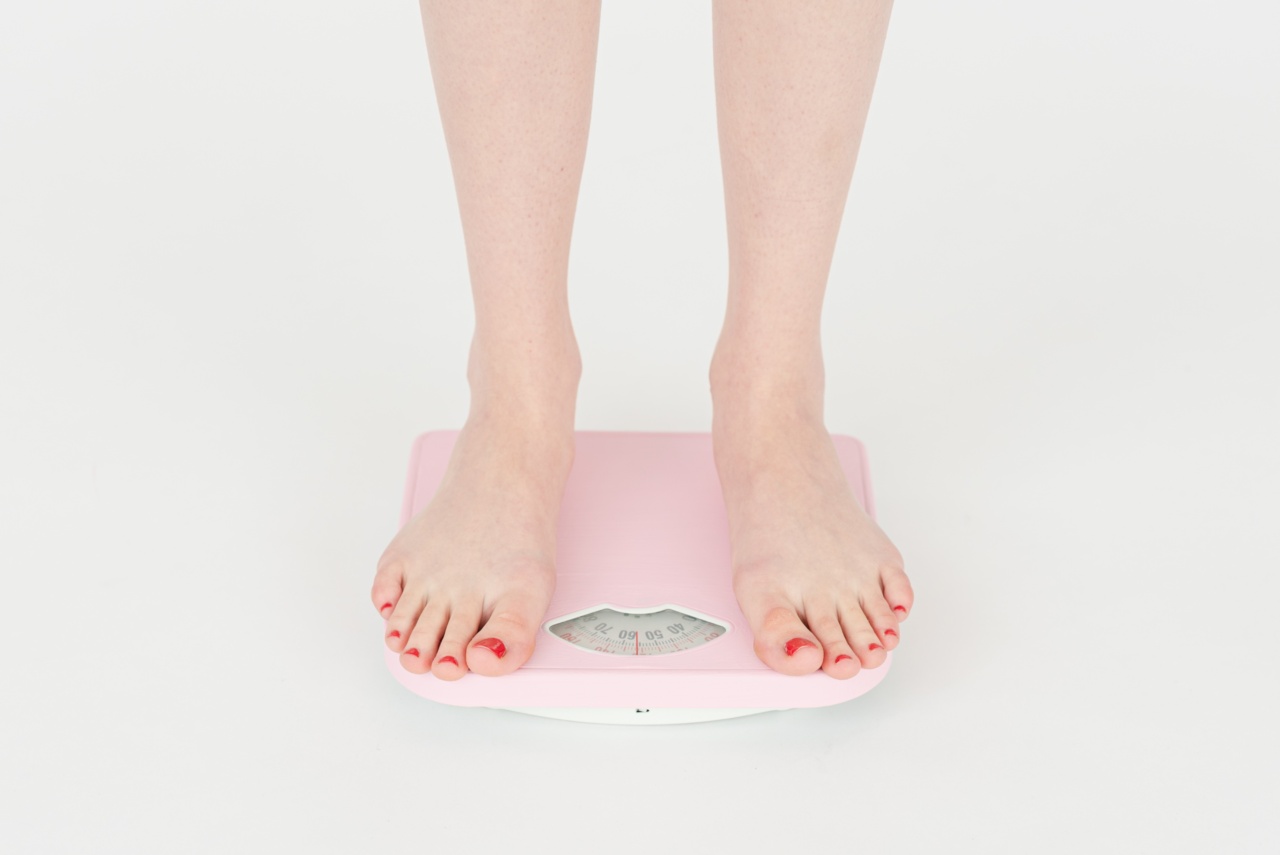In today’s world, where there are countless diet plans and meal suggestions available, it can become overwhelming to determine which diet is best for you.
We all have different bodies with unique nutritional needs, so it’s important to understand your body and its requirements before adopting any specific diet. Thankfully, there is a simple test that can help you discover your ideal diet based on your individual preferences, lifestyle, and health goals. In this article, we will explore this test and guide you through the process of knowing your ideal diet.
Understanding the Importance of a Healthy Diet
A healthy diet plays a crucial role in maintaining overall well-being and preventing various health conditions. The food we consume not only provides us with energy but also supplies essential nutrients such as vitamins, minerals, and antioxidants.
These nutrients support the proper functioning of our body systems, promote optimal growth and development, and reduce the risk of chronic diseases.
The Ideal Diet Test
The ideal diet test is designed to help individuals assess their dietary needs and preferences in order to identify the most suitable eating regimen.
This test takes into account various factors such as body type, metabolic rate, food allergies, lifestyle, and personal goals. By answering a series of questions honestly, you can obtain valuable insights into the type of diet that will work best for you.
Question 1: What Is Your Body Type?
Understanding your body type is essential for determining the right balance of macronutrients (carbohydrates, proteins, and fats) you need. People generally fall into three body types:.
- Ectomorph: Lean and slender body structure with a fast metabolism.
- Mesomorph: Muscular and athletic body type with a moderate metabolism.
- Endomorph: Round and curvy body shape with a slower metabolism.
Question 2: Do You Have any Food Allergies or Intolerances?
Identifying any food allergies or intolerances is crucial for maintaining good health. People often have sensitivities to certain foods such as gluten, lactose, or specific fruits and vegetables.
It is important to avoid such allergens to prevent any adverse reactions or digestive issues.
Question 3: What is Your Preferred Source of Protein?
Protein is an essential macronutrient that promotes muscle growth, repairs tissues, and supports various bodily functions.
Based on personal preferences, people may choose different sources of protein such as animal-based (meat, poultry, fish, eggs) or plant-based (beans, legumes, tofu, tempeh) options. Determining your preferred source of protein will help guide your ideal diet plan.
Question 4: How Active is Your Lifestyle?
The level of physical activity you engage in is a critical factor in determining your ideal diet. Whether you have a sedentary job or an active lifestyle, your energy requirements will vary.
It is important to consume the right amount of calories to fuel your activities and support your metabolism.
Question 5: What Are Your Health Goals?
Understanding your health goals is essential for tailoring your diet to achieve desired results. Whether you want to lose weight, gain muscle, improve digestion, or manage a specific health condition, different diets can help fulfill these goals.
It’s important to align your diet with your health objectives to maximize the benefits.
Question 6: How Do You Prefer to Eat?
Everyone has different food preferences and eating habits. Some people prefer small, frequent meals, while others prefer larger, fewer meals.
Some individuals enjoy cooking and experimenting with various ingredients, while others prefer simple and quick meal options. Your preferred eating style will play a role in determining your ideal diet plan.
Question 7: How Does Your Body React to Certain Foods?
Observe how your body reacts to certain foods. Pay attention to any symptoms such as bloating, indigestion, fatigue, or mood swings.
This will help you identify any potential food intolerances or sensitivities and allow you to make appropriate adjustments to your diet.
Question 8: Are You Willing to Make Long-term Changes to Your Diet?
Adopting a new diet requires commitment and willingness to make long-term changes. It’s important to assess your readiness to modify your dietary habits and stick to your chosen plan consistently.
Question 9: How Does Stress Affect Your Eating Habits?
Stress can significantly impact our relationship with food. Some individuals tend to overeat or resort to unhealthy food choices when stressed, while others lose their appetite altogether.
Understanding how stress affects your eating habits will help you select a diet that supports your emotional and mental well-being.
Question 10: What is Your Budget for Food Expenses?
Financial considerations are often important when determining an ideal diet. Organic foods, specialty diets, and specific ingredients can be more expensive. Assess your budget for food expenses and select a diet that suits your financial situation.
Results
Based on the answers you provided, it’s time to reveal your ideal diet. Please remember that this test serves as a general guide, and individual needs may vary. Here are some common diet recommendations based on different factors:.
Ectomorph:
– Ectomorphs typically have a fast metabolism and often struggle with gaining weight. A diet rich in healthy fats, complex carbohydrates, and lean proteins is recommended.
Focus on calorie-dense foods like nuts, avocados, whole grains, and lean meats.
Mesomorph:
– Mesomorphs tend to have a more athletic build and a moderate metabolism. A balanced diet with a good mix of carbohydrates, proteins, and fats is ideal.
Include a variety of fruits, vegetables, whole grains, lean proteins, and healthy fats like olive oil, nuts, and seeds.
Endomorph:
– Endomorphs generally have a slower metabolism and may struggle with weight management. A diet that focuses on portion control and nutrient-dense foods is recommended.
Include plenty of vegetables, lean proteins, whole grains, and avoid high-calorie processed foods and sugary beverages.
Conclusion
Discovering your ideal diet can significantly improve your overall health and well-being.
Remember that this test serves as a starting point, and consulting with a healthcare professional or a registered dietitian is always beneficial for personalized advice. Embrace a nourishing diet that suits your preferences, lifestyle, and health goals, and enjoy the journey towards a healthier you!.




























